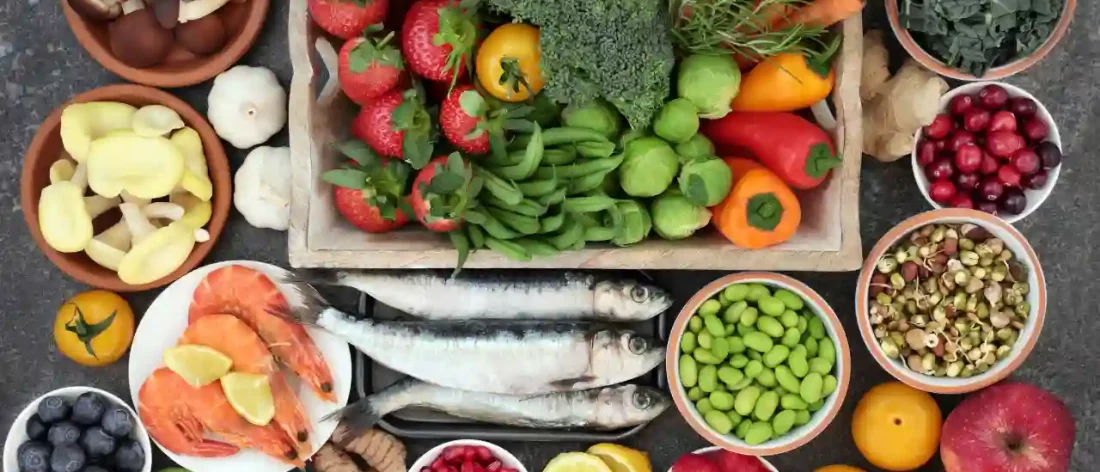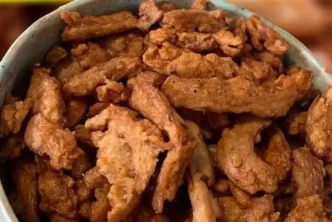Long distance runners need to have a well-balanced diet including carbohydrates, protein and fat. They also need to be properly hydrated. Adding health-promoting fat (e.g., nuts, avocado) to a meal or snack will help you to train your body to burn more fat for fuel during endurance exercise, thereby sparing your limited carbohydrate stores.
Carbohydrates
Carbohydrates are the primary fuel for your muscles. They are a highly effective energy source and provide 4 calories for every gram consumed. Compared to proteins which only supply 2 calories per gram and fat which supplies 9 calories per gram, carbohydrates are the preferred fuel for endurance exercise.
Your body stores carbohydrate in your muscles and liver as glycogen for easy access during exercise. The glycogen tank is a finite resource 먹튀검증, however, and during long workouts and races, it will be depleted. Taking in carbs (via drinks, gels, bars or other food) during exercise is known as exogenous fuel and provides extra ‘cash in the bank’ to sustain your efforts for longer.
The exact amount of carbohydrate you need to consume will vary based on your weight, training volume and the intensity of your effort. Generally, though, 30 to 90 grams of carbohydrate per hour will support your endurance running needs and performance.
Protein
Protein provides a crucial energy source for muscle synthesis and glycogen repletion after intense training sessions. The amount and quality of protein an endurance runner consumes has a significant impact on performance, recovery, and training progression.
Those preparing for endurance events should eat a balanced diet rich in all nutrients that include protein, carbs and fat to support their energy needs. Choosing whole foods like oatmeal, barley, beets and chia seeds provide complex carbohydrates, fiber, healthy fats, calcium, iron and more to fuel your workouts and help you recover after them.
It’s also important for runners to hydrate well. Dehydration can cause fatigue and even a 2% drop in body weight can impair performance. It is recommended to hydrate throughout the day and drink water with electrolytes before, during and after endurance events and training sessions.
Fat
Endurance athletes often need to increase their fat intake, but it’s important to choose the right types of fats and eat them at the proper time. Eating fatty foods too soon before training or competing can slow digestion and lead to stomach upset, which is not ideal for endurance events.
Aim for nutrient-dense, plant-based fats such as avocados, nuts and seeds. They provide healthy, long-term energy that can help enhance endurance levels and aid recovery.
Runners can also fuel their bodies with whole grains like oats and barley. These nutrient-dense superfoods contain complex carbohydrates, fiber, protein, calcium, iron, magnesium and potassium for enhanced athletic performance. A quarter cup of steel-cut oats provides 10 percent of the daily value for iron and 5 grams of protein. The soluble and insoluble fiber in these foods holds onto water, slowly releasing it during digestion for sustained energy and improved hydration.
Water
When it comes to hydration, most experts agree that consuming the recommended amount of fluids is beneficial before and during endurance events. However, some athletes have reported dehydration while performing at a high level.
This may be a result of over-hydration or the consumption of drinks with too much sugar or sodium, which can lead to stomach discomfort. To avoid this, try to consume foods rich in fiber that also help hydrate the body, like avocados, nuts and seeds and olive oil.
Foods for endurance that are rich in antioxidants, protein, complex carbohydrates and healthy fats are a great way to fuel your muscles for long runs and other exercise. Some of these include chia seeds, camu camu (an odd tropical fruit), quinoa, and spirulina. You should eat the right food for endurance before, during and after your workouts. You can also fuel yourself during your event with sports gels, blocks or salted dried fruit.





